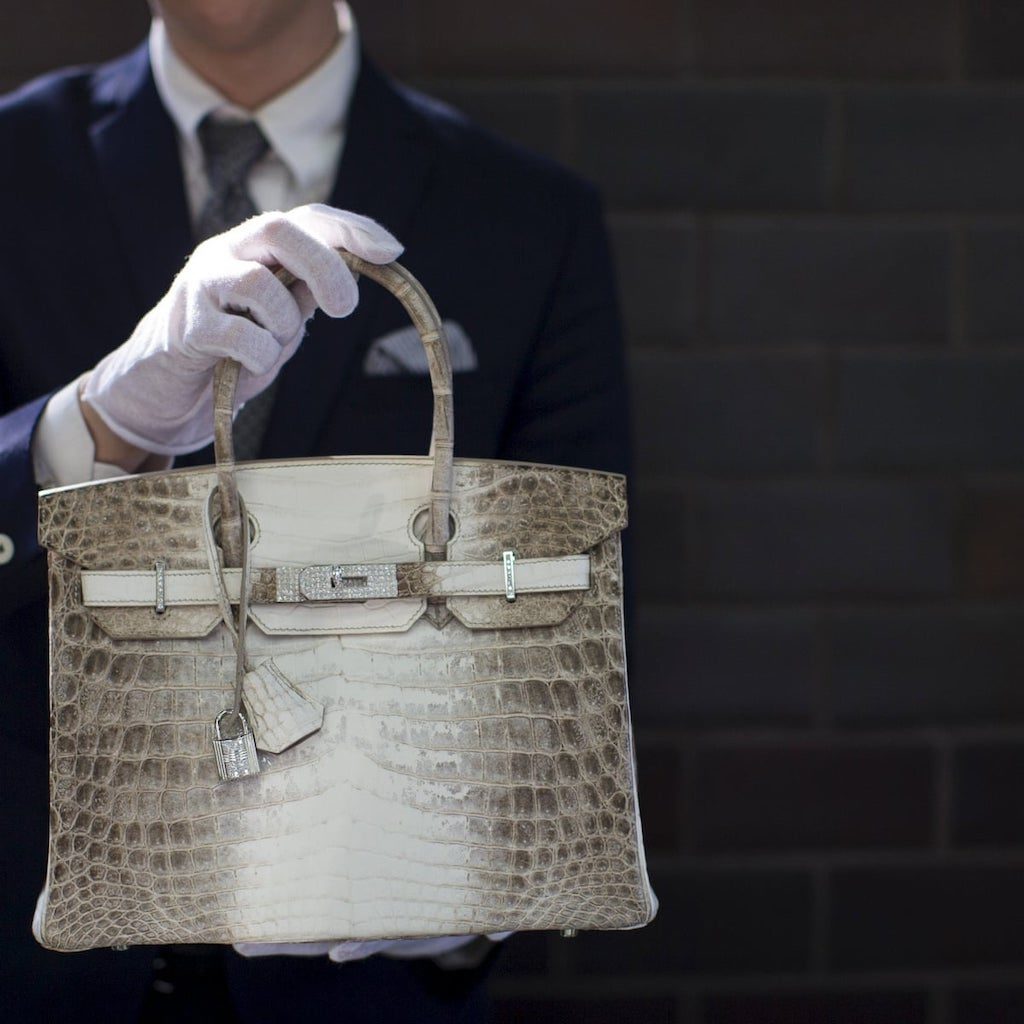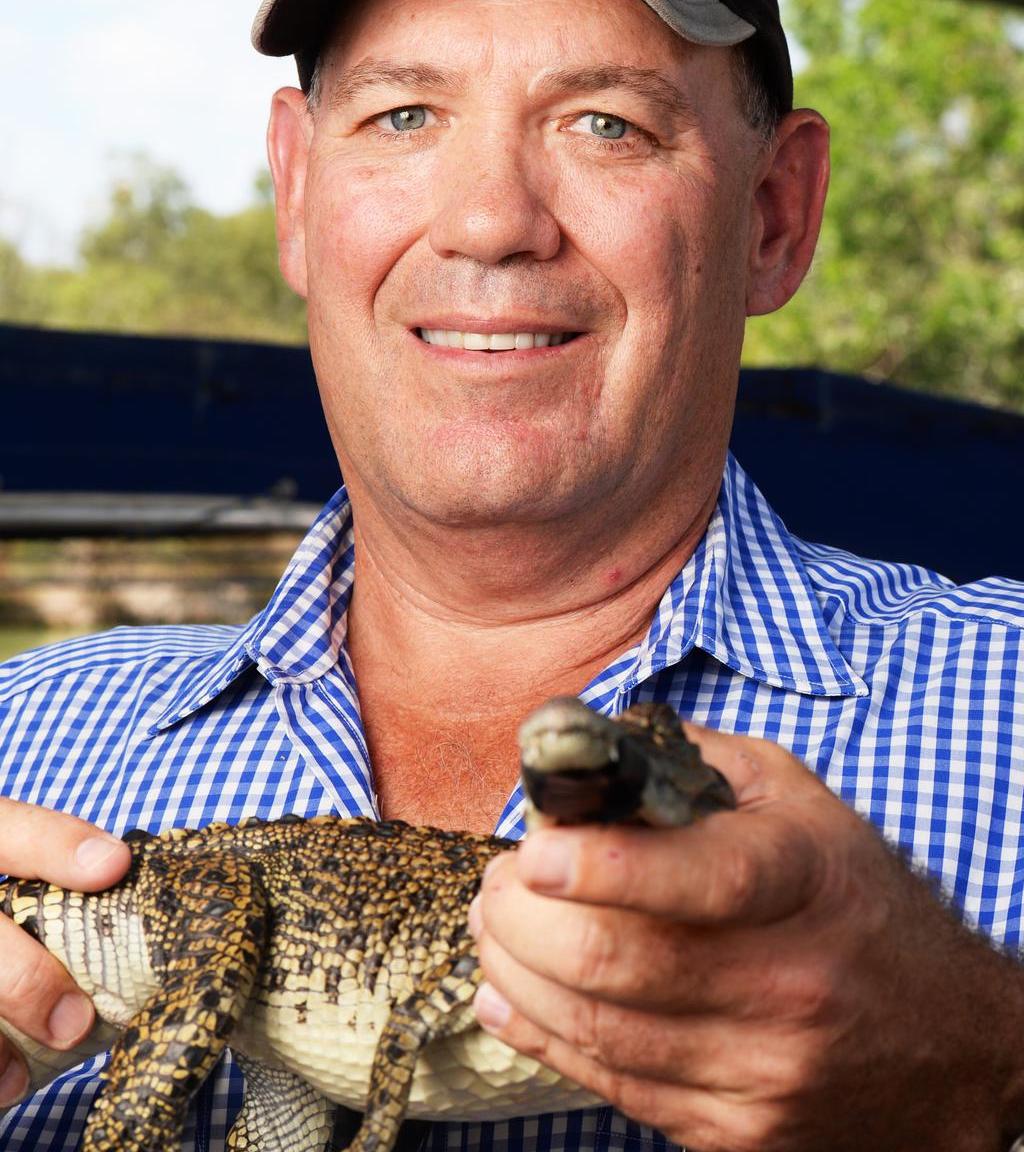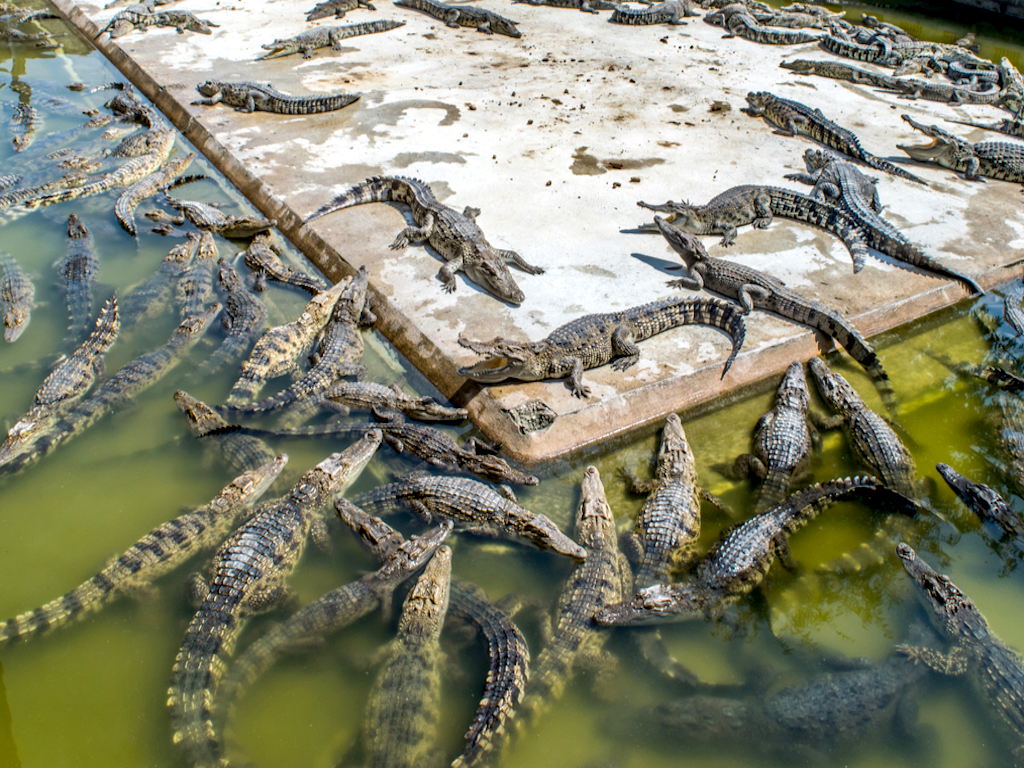3 Mins Read
High-end French fashion brand Hermès is planning to build one of the biggest crocodile farms in Australia. The facility will farm more than 50,000 saltwater crocodiles for their skins, which is used to make the brand’s luxury handbags and shoes. Animal welfare groups have already criticised the proposal and pointed that the move by Hermès is likely to fall out of favour with shoppers who are increasingly conscious over animal cruelty, sustainability and the dangers of zoonotic diseases associated with wild animal farming.
Hermès has teamed up with Mick Burns, a veteran of the lucrative crocodile industry, to build a huge crocodile farm on a former melon and banana farm near Darwin in the Northern Territory of Australia. The ex-horticultural site was purchased earlier this year by PRI Farming, of which Burns is a director.
According to documents submitted to the territory’s Environmental Protection Authority (EPA), the farm will employ 30 people and will grow its initial 4,000 crocodiles to 50,000 – making it one of the largest crocodile meat and skin farms in the entire country, as reported by the ABC. The local government has already granted permission for the AU$40 million (US$29.1 million) project, which will see the construction of an egg incubator laboratory, a hatchery and growing pens.

Every PETA exposé of the exotic-skins industry has shown that no matter the source – or the “standards” touted by brands – products made from skins involve forcing highly intelligent, sensitive animals to endure squalid imprisonment and a violent death.
PETA Australia
ABC says that at full production capacity of 50,000 crocodiles, this single facility alone will increase the number of farmed crocodiles in the New Territory region by a whopping 50%. The region is already home to multiple crocodile farms and is the country’s largest producer, exporting over 24,600 crocodile skins in 2019, mainly to luxury fashion houses and brands that make upholstery and furniture.
Animal rights groups have already campaigned against the proposal, including PETA, who is calling on Hermès to end its role in fuelling the cruel crocodile skin trade.
“Every PETA exposé of the exotic-skins industry has shown that no matter the source – or the “standards” touted by brands – products made from skins involve forcing highly intelligent, sensitive animals to endure squalid imprisonment and a violent death,” writes the organisation in the petition.

Activists have also pointed out that consumers are increasingly moving away from exotic skins, including high-end luxury brands’ customers, especially in the wake of the coronavirus pandemic, which has spotlighted the public health risks associated with the exploitation of animals and the wildlife trade.
Numerous upmarket labels have already made commitments to end the use of exotic animal skins in their line, including Mulberry, citing sustainability and the role of the wildlife farming industry in emerging zoonotic diseases. Other brands that have eliminated exotic animals in their lines include Chanel, Diane von Furstenberg, Victoria Beckham and Paul Smith.
While animal-based materials have fallen out of fashion, innovative new plant-based and eco-friendly alternatives are increasingly being adopted by fashion houses. Fast fashion giant H&M has made a number of new products using vegan leather derived from wine waste, while Adidas, Kering, Lululemon and Stella McCartney have all partnered up with biotech Bolt Threads to begin making items with its mushroom-based leather.
Lead image courtesy of Sitthipong Pengjan / Shutterstock.




